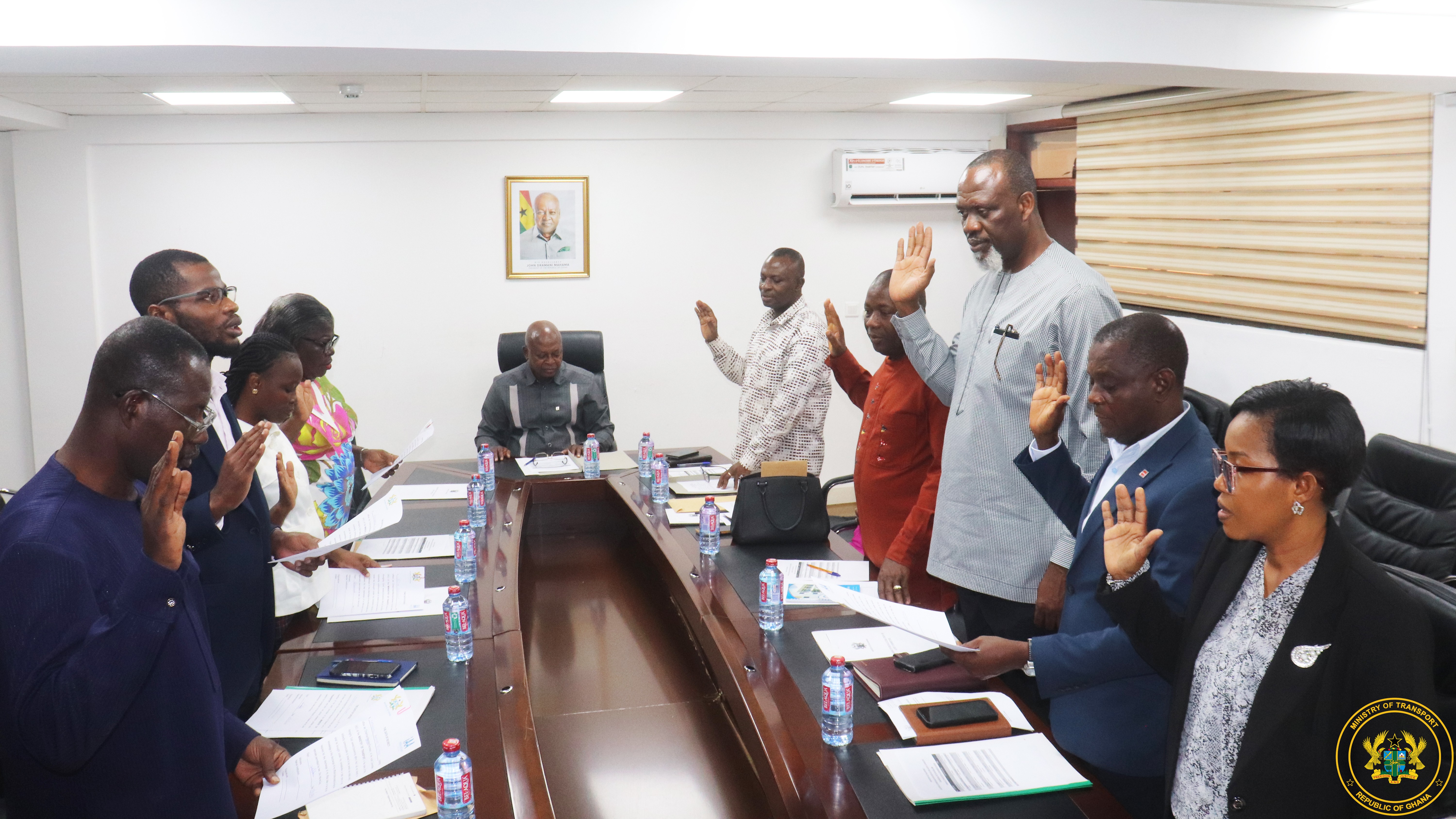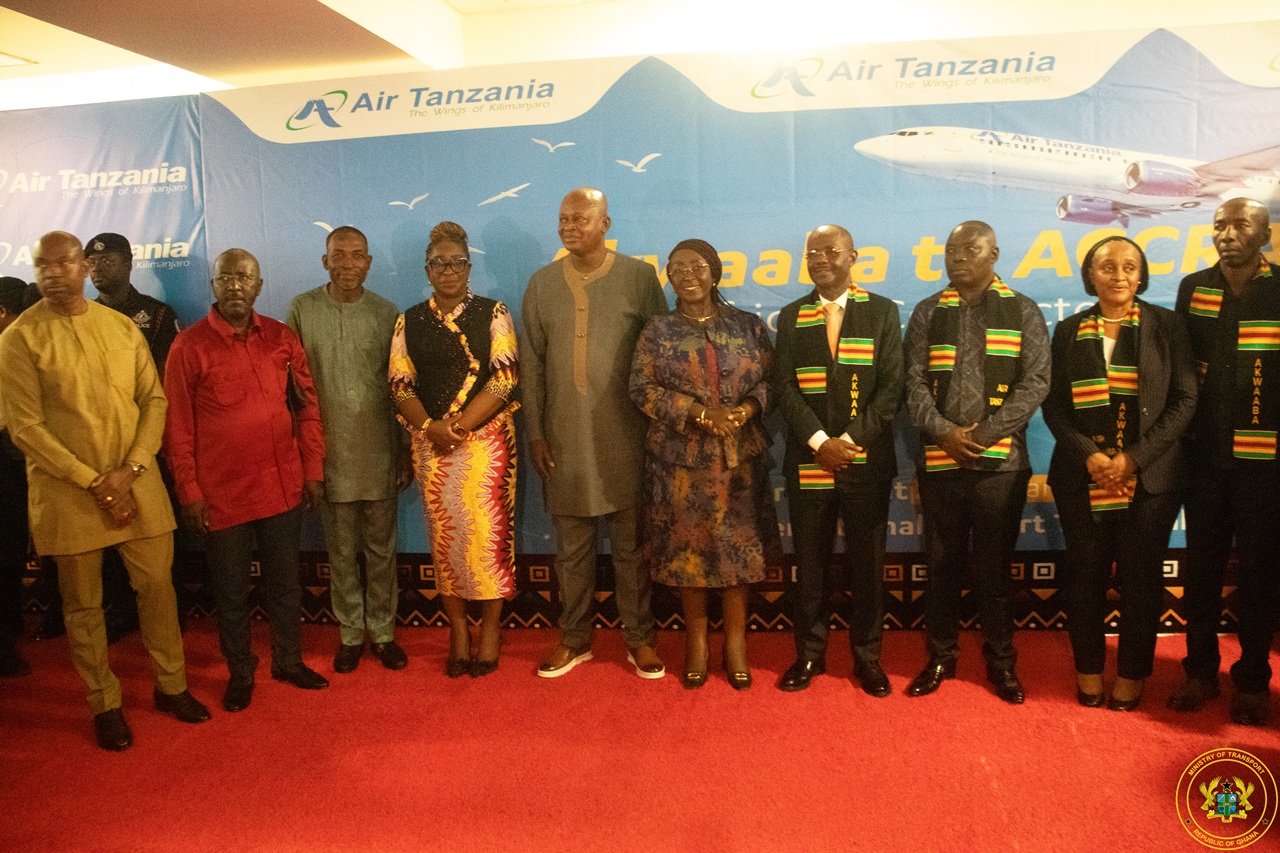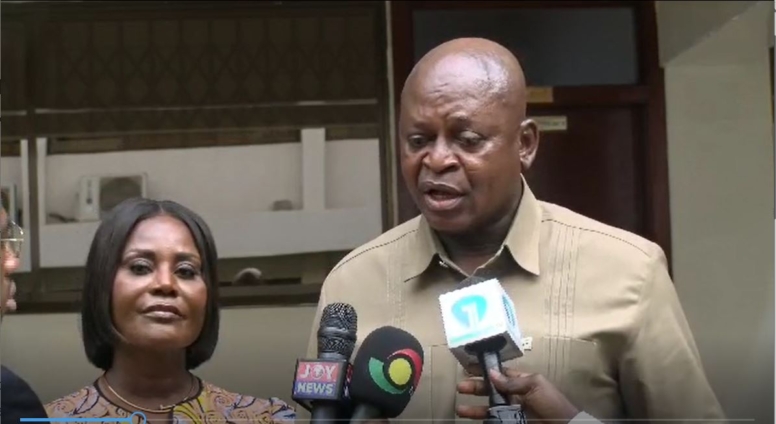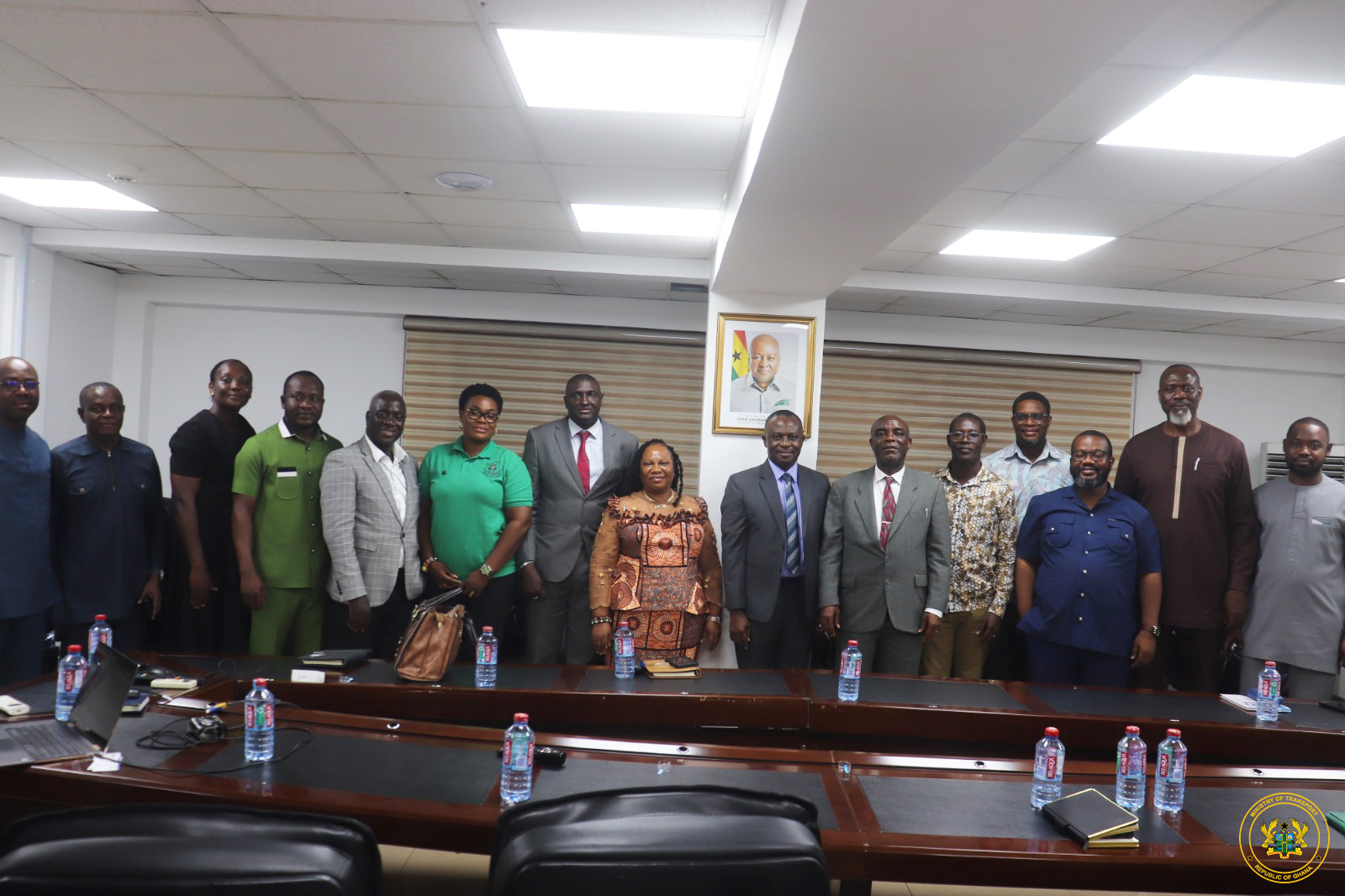The Minister of Transport, Hon. Joseph Bukari Nikpe, has emphasised the critical need for stakeholder input in shaping new regulations for the commercial use of motorcycles and tricycles in the country.
Speaking at a National Stakeholder Consultation Workshop in Accra to solicit input, suggestions, and comments on proposed amendments to the Road Traffic Regulations 2012, L.I.2180, and in particular, the provisions on the use of motorcycles and tricycles for fare-paying passenger services in the country, the Minister highlighted the increasing importance of these vehicles in the transport system, particularly for last-mile journeys and in areas with limited access for traditional public transport.
Acknowledging the significant rise in road traffic crashes and safety concerns associated with the surge in motorcycle and tricycle usage, he noted that the consultation was crucial for developing a robust and effective regulatory framework. He reminded attendees of President John Dramani Mahama's commitment to regulating the sector to enhance safety, improve job security, and ensure the welfare of riders.
The Minister mentioned the recent formation of a 13-member inter-agency committee tasked with developing a draft regulatory framework focused on three key principles: safety, inclusivity, and innovation. The committee, chaired by the Ministry of Transport and comprising representatives from the Attorney General's Office, the Ministries of Youth Development and Empowerment and Local Government, Chieftaincy and Religious Affairs, as well as the Driver and Vehicle Licensing Authority (DVLA) and the National Road Safety Authority (NRSA), has already produced a preliminary draft.
Hon. Nikpe stressed the importance of hearing from stakeholders to ensure the developed regulations are practical and effective. He urged participants to engage in open and dispassionate discussions to recommend practical measures for adoption and implementation, as well as to provide input on proposed amendments to the Road Traffic Regulations 2012, L.I.2180.
He outlined some key areas that the new regulations are expected to address, including the mandatory use of helmets, periodic vehicle inspections, and comprehensive rider training. A new licensing regime is also being introduced to improve monitoring and ensure operators meet necessary competency standards.
Hon. Nikpe called on stakeholders to approach the discussions with an open mind, emphasising the value of collective expertise in developing a comprehensive regulatory framework that will stand the test of time and be presented to Parliament for consideration.
Under the new framework, as outlined by the Head of Road Transport Services of the Ministry, Mr Daniel Essel, individuals operating commercially must be part of a licensed transport union, with penalties for non-compliance. Qualification for commercial operation includes incorporation under the Companies Act 2019, a substantial presence across at least eight regions (minimum 50 vehicles each), and adherence to an approved union dress code.














